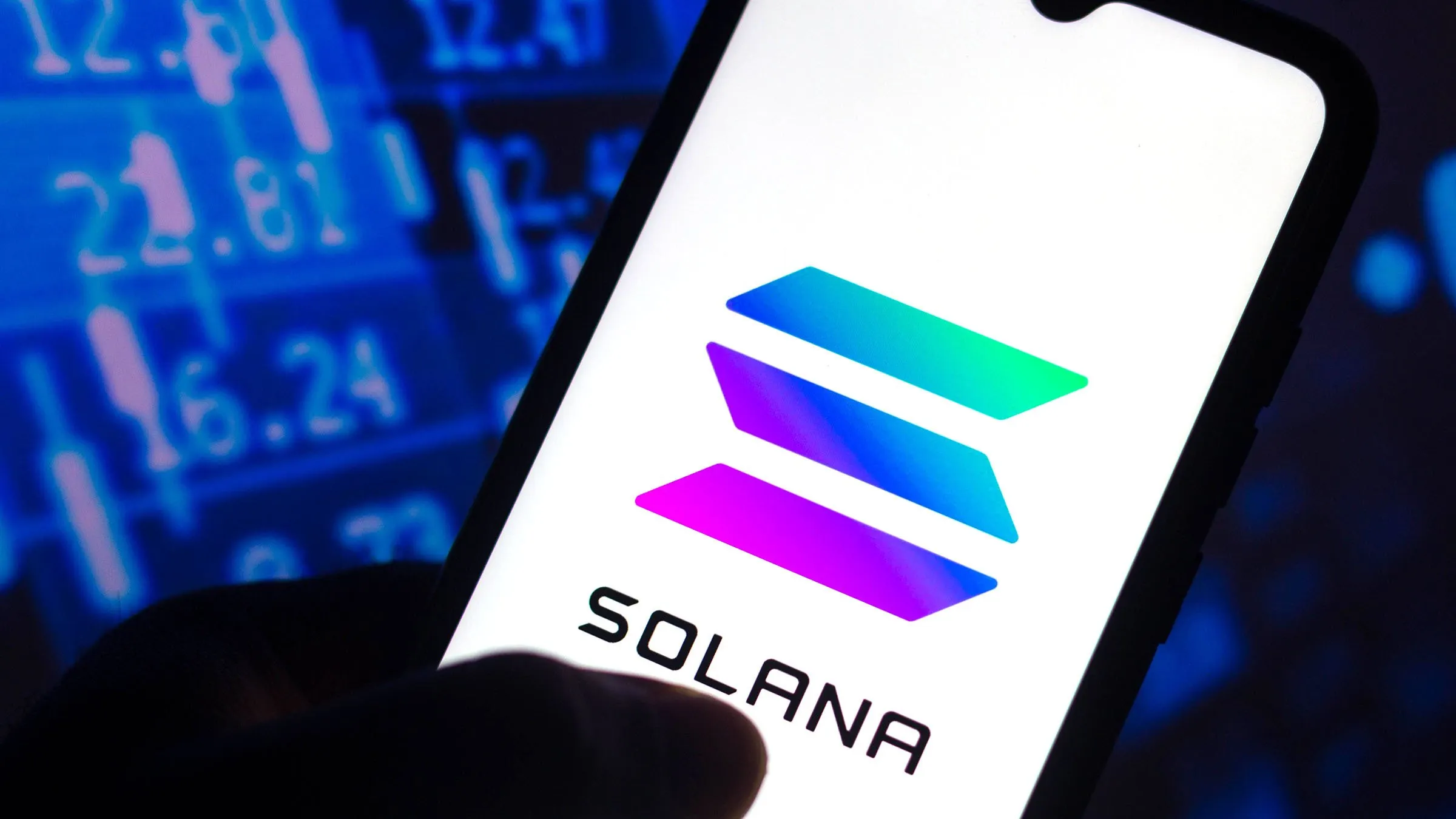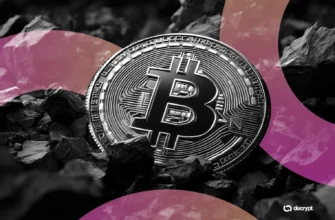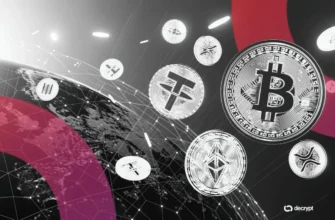
Briefly,
- Each new validater added will result in the exit of three long-term validity validators that have low external stake.
- 57% Solana validaters may not succeed without Foundation Delegation, according to a recent study.
- Self-reliance among validators strengthens Solana's Nakamoto Coefficient.
The Solana Foundation implements a policy to onboard and deboard validators in order to improve network decentralization, reduce validator dependence on foundation support and enhance the quality of their work.
Ben Hawkins of the Solana Foundation’s Staking Ecosystem said three validators would be removed for each new validator that joins the Solana Foundation Delegation Program. These validators must have met the eligibility requirements for delegation for at least the past 18 months, and they cannot have more than 1,000 SOL outside stake.
Hawkins’ statement about Discord Share This Article Mert Momtaz CEO of Helius, on X. This initiative is a result of the decline in Foundation stakes over time.
Kydo is EigenLayer’s director of special projects. raised The issue is cited with data Stakeview.
"While it is impressive to see that the Solana Foundation's control over the network has been on a decreasing trend since 2022 in terms of the percentage of active stake owned, it would be beneficial to have more visibility into the foundation's impact on the total number of validators,” Kydo told Decrypt. "Transparency improves our industry."
Kydo claimed in the post that most validators on the chain "only exist because the Solana Foundation "spawned" them," adding that these validators "get 90-100%" of their staking fund from Solana Foundation. "Without it, they'd collapse."
While the data presented is "a bit old," it reveals a gap in how Solana presents itself, Kydo suggests. "We only see the surface of reality, perception."
Responding to these, Max Resnick, lead economist at Solana-focused R&D firm Anza, claimed they are "in the process of slowly winding down" the SFDP.
"Many validators that are now self-sufficient started as SFDP recipients," Resnick You can also read about the importance of this in our article Kydo’s response to X. "Validator count is a vanity metric and validators with epsilon stake actually hurt network performance," he claimed.
Solana Foundation didn’t immediately respond Decrypt's Request for comments
The latest research published by Helius in August 2024 estimated that if SFDP were immediately discontinued, approximately 57% of all Solana validators would "struggle to maintain profitable operations" as they couldn't cover operational costs, most of which are spent on voting fees.
Solana’s self-reliance is viewed positively by many validators.
Self-reliance among validators strengthens Solana's Nakamoto Coefficient—a measure of decentralization—making it more resilient, as a higher coefficient indicates broader stake distribution among validators.
According to Helius, the network's coefficient in November 2024 was "frequently cited as 19," while Acknowledgement It is possible that the price will be lower.
Edited By Sebastian Sinclair


